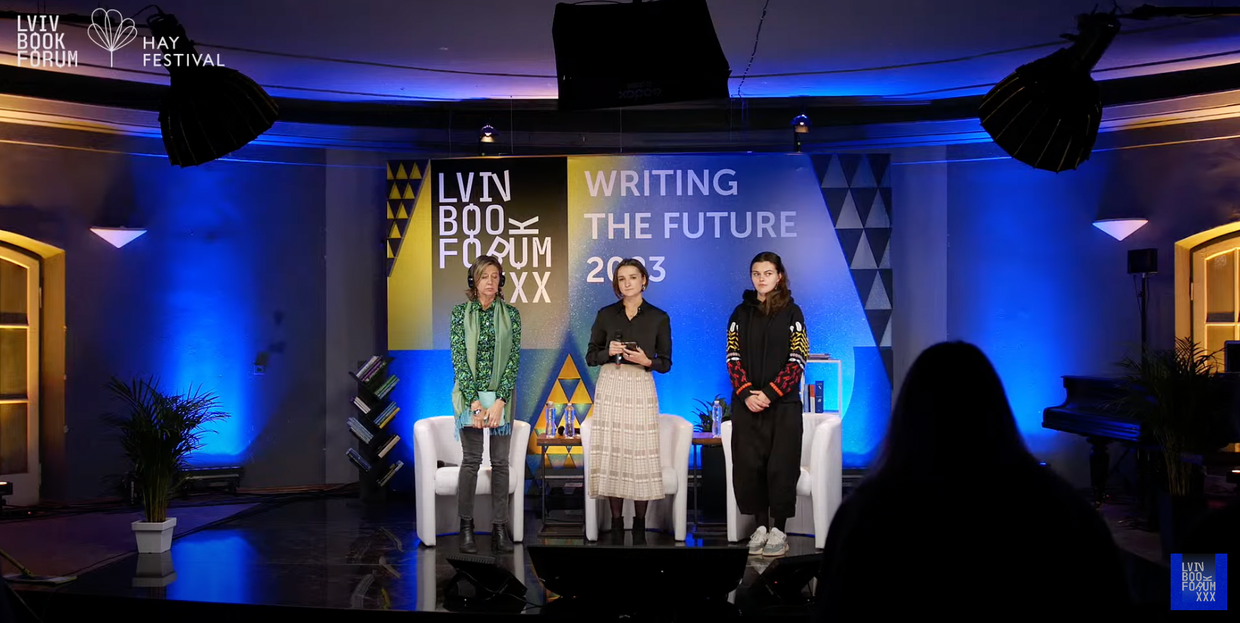Survey: Majority of Ukrainians turn away from Russian media, music

Between 68-81% of Ukrainians have stopped consuming Russian media products, including both official and anti-government political content, Media Detector reported on Oct. 15, citing its survey.
Prior to the Russian full-scale invasion of Ukraine, many Ukrainians, especially Russian-speaking ones, listened to popular Russian music and consumed Russian TV shows and films online. The invasion made most of them turn away from many of the Russian products, the survey shows.
The media-oriented Ukrainian NGO conducted three waves of surveys – in 2020, 2021, and late 2022 to early 2023 – addressing the media consumption habits of Ukrainians.
According to the last phase of the study, "from 68 % to 81% of respondents said they had completely abandoned Russian-made media products, including music and both official and the opposition's socio-political content," Halyna Petrenko, the NGO's director, said.
This can be seen, for example, on YouTube trends, as there are no more Russian liberal bloggers or Russian music in the top 10 of the Ukrainian YouTube, she noted.
However, she added that some entertainment content, such as Russian TV shows, can still be found in the top 10 rankings. Petrenko explained this by the lack of comparable Ukrainian entertainment content due to insufficient funds in the sector.

Some 63% of respondents said they had started, or started more often, consuming content of Ukrainian origin. Around 48% said they became more interested in Ukraine's history and culture, the same number started consuming socio-political content of Ukrainian provenience, and 61% began listening more to Ukrainian popular music.
The latest findings also saw an increase in general media literacy among Ukrainians from 55% to 81% compared to the previous study.
The share of audiences with a high level of media literacy increased significantly in three areas: understanding the role of the media in society (45% to 72%), digital literacy (49% to 64%), and the ability to recognize manipulated media content (56% to 66%).
The media literacy indicators are higher among younger, more educated, and wealthier respondents.
The survey was carried out with a 1,200-respondent sample, represented in terms of age, sex, and region, but excluding residents of the temporarily occupied territories.












